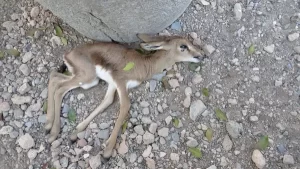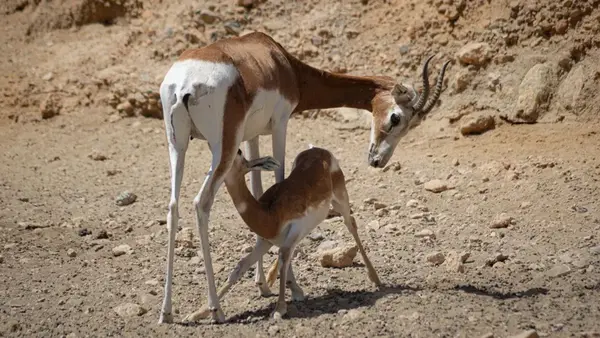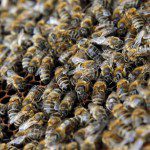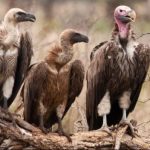Four gazelles have died at a conservation Centre in the Spanish town of Almería after a nearby music festival.
The Centre’s veterinarian said the animals were agitated during Saturday’s concert, but the worst consequences happened the day after as gazelles ran into walls – breaking their neck and legs.
Dr Sonia Domínguez, from Estación Experimental de Zonas Áridas (EEZA), was with the animals during the concert on Saturday night. Her team had previously asked authorities to move the festival to a different venue.
But Almería Cultura, the town’s cultural hub, defended its decision to go ahead with the event, saying in a statement on X that concerts “did not exceed 65 dB” on the outer wall of the centre.
Local authorities lamented the deaths, but said the centre had come to very “hasty” conclusions when there are other extenuating factors to be considered.
Dr Domínguez said the animals are particularly sensitive at this time of year because it is their breeding season.
She added that because gazelles are prey in their natural habitats “their way to get away from what scares them in nature is to run away”. In doing this, she said, some of the animals sustained “traumatic injuries”.
Dr Domínguez said that a day-old calf also died “because her mother was very nervous and didn’t attend to them”.
The centre’s director, Teresa Abáigar, said it is “frustrating that the Almeria city council has not shown the sense of precaution of a public administration” regarding the protection of the centre’s specimen.

Dr Domínguez said the centre has asked the city’s authorities to move future events to a new place so animals are not disturbed, but have not yet had a response.
All animals at the conservation centre are endangered in their original habitats in northern Africa, and the centre plays a vital role in preserving biodiversity worldwide, Dr Domínguez said.
The animals are endangered and classed as “vulnerable”, according to the International Union for Conservation of Nature (IUCN).
Established in 1964, the IUCN’s red list of threatened species has evolved to become the world’s most comprehensive information source on the global conservation status of animal, fungi and plant species.














